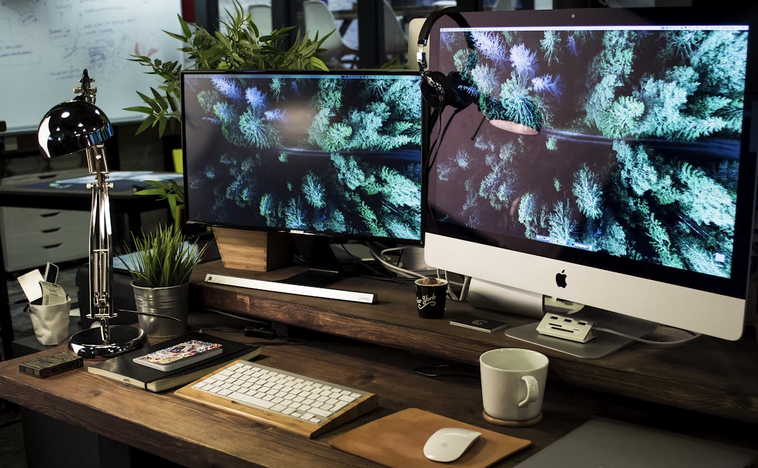The digital transformation of daily habits
October 6, 2025

People today are spending more of their free time online. Things that used to happen “in the real world” are now increasingly moving to phones, computers, and digital platforms – instantly and on demand. Faster internet and the rise of smartphones are pushing this change, with people expecting quick access to everything. Much of this transition has happened without us even realising, but here we take a closer look at how technology shapes our daily habits.
Television clearly shows the transition to digital and instant. These days, it is far more common to choose streaming services like Netflix or Disney+ over traditional cable or scheduled channels. Short-form video platforms like TikTok and YouTube have further changed what type of content people want, and have the attention span, to watch. The old habit of waiting for a weekly scheduled program is being replaced by the new habit of watching whatever people want, whenever they want it.
Gaming has followed the same path. Instead of long sessions on a console or PC, players can now access games on their phones at any time. This is true both for casual gaming, competitive titles, and gambling. Modern online casinos and betting apps make it easier than ever to access gambling and benefit from quick and easy transactions. Additionally, services like those offered by PokerStrategy makes it quick and easy to find and compare trustworthy platforms, giving players fast access to the best options.
The online shift is also changing how people experience entertainment together. Instead of sitting in the same room with friends, many prefer to sync up streaming shows online, share short clips instantly, or “meet” on gaming platforms. For many, entertainment now means both watching and taking part, often by sharing, streaming, or commenting in real time.
Social media is another major part of this transformation. Platforms like Instagram, TikTok, and Twitter have changed how people spend free time, turning scrolling, sharing, and commenting into daily habits. People no longer just consume content – they create, react, and engage with others in real time. Even traditional hobbies, like following the news or learning skills, now happen in short, interactive bursts through social platforms rather than longer, offline activities.
Beyond entertainment, the digital shift has also entered homes in more practical ways. Smart technology is turning everyday actions into automated or online-controlled routines. From adjusting a thermostat through an app to asking a voice assistant to play music or remind you of tasks, technology is folding itself into daily life in ways that feel natural. These habits, once novel, quickly become second nature, subtly shaping habits in ways people might not notice.
The overall lesson is that more control is now in the hands of consumers, not companies. People want flexibility, speed, and options that suit their own time, not someone else’s schedule. Habits that used to be shaped by, for exampl,e TV broadcasts are now shaped by how each person clicks, streams, or logs in. What started as a technical change has become a lifestyle change, turning everyday habits into digital ones.
Other posts by :
- AST SpaceMobile boss outlines benefits
- Report: LEO build-out accelerates
- Germany outlines space commitment
- Analysis: Impact of AT&T on US telcos and cable
- Bezos rocket production boosted
- Musk delays Moon landing until 2027
- Hughes Satellite facing cash crunch
- Major banks support AST SpaceMobile
- Fitch downgrades DirecTV debt
